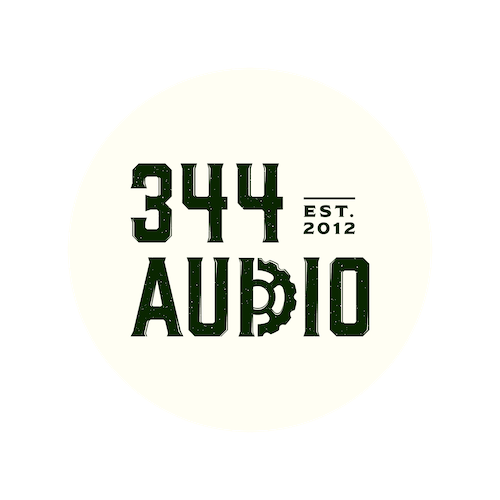


Audio post-production is a fast-paced business. Building a successful career requires putting in countless hours plying your trade and completing projects.
When you are a student and making your first steps into the world of professional audio, it's easy to become so focused on landing that first gig or job that you don't stop and think about what it's like on the other side.
As you move higher up through the food chain and work on major projects the job can easily become quite gruelling, with very tight deadlines, and fast turnarounds all adding to the pressure. Being busy seems like a dream come true until you get there and realise that it isn't.
In this article we explore the topic of work/life balance in audio post, avoiding burnout, and how many hours a week should we work for optimum results?
We must maintain a positive work-life balance as we move through our careers. If we become too work-focused our relationships and personal lives will be strained, or our health can suffer. We need adequate rest time to perform at our best and maximise our potential.
One of the things to consider early on is whether you want to work for an established audio post studio or to go solo and work for yourself, as this will greatly impact the style of work/life balance you can achieve.
Working for an established studio is great in many ways as your main responsibility is to complete your project tasks, and you don't have to deal with any of the client, management or scheduling side of things, and the stresses that come with this.
The main drawback of working in an established studio is that you have less say in the hours you work or the projects that you work on. You may also be asked to do extra hours during crunch time, so hopefully, you have a manager who is considerate of your wellbeing during busy periods.
If possible try and speak with some of the employees about their experience before agreeing to a job position.
You will generally have more things to take care of when working for yourself, as now you have to do all of the client relations, financial and marketing tasks in addition to your audio work.
The flip side of this though is that you can decide your own hours and fit this around your schedule. Maybe you want to start your workday at 1 pm and save the mornings for exercise, reading etc. Working for yourself gives you this freedom, just make sure that you are disciplined with yourself.
The most important thing for work/life balance when you work for yourself is setting boundaries so that your work doesn't bleed into your personal life too much.

As creative professionals performing a cognitively demanding job, we expend a lot of creative energy that needs to be recovered. This can only be done with time away from the studio.- Walking/hiking in nature.- Going to the cinema, museum or gallery.
Another thing that can help you stave off burnout is to understand yourself, your motivations and your relationship to your work. With this knowledge, you can structure things in a way that plays to your strengths.
I love my job as a sound designer but I don't enjoy being indoors sitting at a computer all day. I find that the day drags when I am doing hours of SFX editing, particularly on consecutive days. I feel tired when the weekend comes and my creative energy is low. Working like this is functional, I meet my deadlines and projects are done on time, but I wouldn't say that it's the best work I am capable of.
Another thing to think about when it comes to preventing burnout is our listening level. Every studio will have a slightly different listening level depending on how its system is calibrated, and this will differ again if you are working with headphones.
Our ears can only handle so much so if you are going to be working long hours then consider the level you are listening at and drop it down to reduce ear fatigue.

When it comes to deciding how many hours to work per week, it really comes down to you as an individual and what your goal is.
We have two recommendations below based on whether you want to prioritise your lifestyle or your work performance:
30 hours - Lifestyle Focus
2 x 3-hour work sessions per day, Mon-Fri.
This option is perfect for the audio professional who wants to leave plenty of time for hobbies and socialising/ family time. A 6-hour workday is still enough to get some quality work done, and shouldn't be too fatiguing over the course of each week.
A weekly structure such as this is the best option for someone who wants to make a living from their passion for sound, whilst also keeping space open for other things.
40 hours per week - Performance Focus
9-5, Mon-Fri.
your focus is purely on work performance then we recommend a maximum of 40 hours per week. This is pretty much the standard hours of 9-5 Monday thru Friday and will work well for someone who is used to this kind of routine from previous jobs.
We don't recommend going over 40 hours as this is likely to have diminishing returns on your work output. It's all about delivering quality work and anything over 8 hours per workday will lead to a drop-off in quality.
We hope you enjoyed checking out this article!

344 Audio is an Audio Post Production Company in Manchester.
If you enjoyed this post, discover our Ultimate Guide to Audio Post-Production.
Curious to hear our work? Listen to our portfolio.
Keen to learn more about Foley? Explore our Creative Foley Workshop.
Eager to learn more about Audio Post and Sound Design? Explore our Audio Post Essentials Course.
We also have Pro Tools templates and sound effects available for purchase.